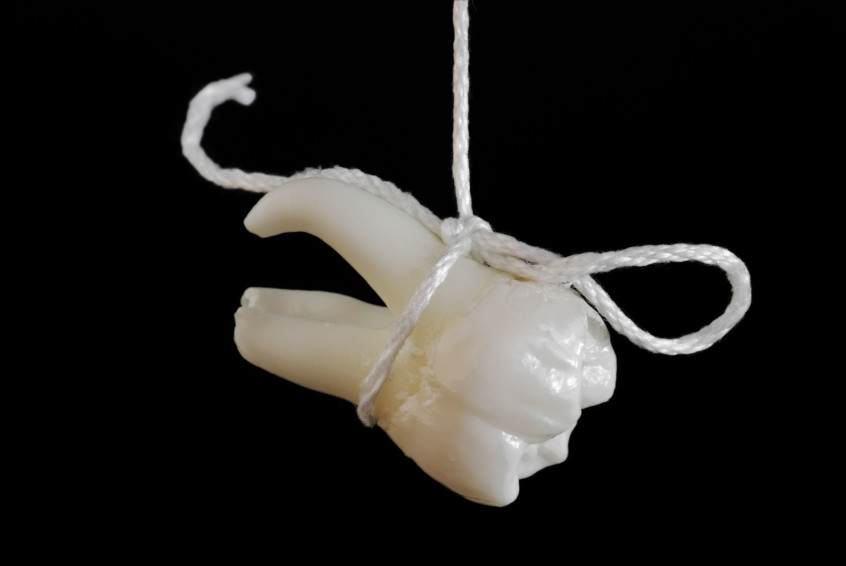Wisdom teeth usually appear between the ages of 14-25, which is sometimes considered the age of wisdom. However, wisdom teeth don’t truly bring wisdom on their own and can, in fact, cause some unpleasant dental issues. Although not everyone develops wisdom teeth, also called third molars, reports state that around 90% of patients have at least one wisdom tooth that’s impacted because of insufficient space in the mouth. It’s never a good idea to ignore wisdom teeth, even if they’re not causing any pain as they can sometimes lead to future oral problems if not extracted.
Reason for wisdom teeth
Wisdom teeth originate in prehistoric times when humans had jaws large and strong enough to fit a third set of molars. Human ancestors usually lost teeth as they aged and that left room for wisdom teeth to erupt and grow. Nowadays though, human jaw size isn’t as large and modern dental health decrease the chances that wisdom teeth erupt in a beneficial location, which often leads to extraction.
Detecting wisdom teeth
Sometimes patients suffer symptoms of impacted wisdom teeth such as pain when chewing, swelling and limited jaw mobility, but other times they may not even know they have wisdom teeth. A dentist can detect wisdom teeth and see via exam and X-rays if they’re impacted or about to erupt. Wisdom teeth that don’t present any symptoms or problems can cause issues if the teeth become infected so it’s important for the dentist to monitor them. Impacted wisdom teeth can cause cysts, infections, lesions, and damage to adjacent teeth that may lead to gum disease. However, for patients who have both healthy wisdom teeth and room for the third molars, it’s possible to avoid extraction. The only way to know the health of wisdom teeth is to visit the dentist regularly.
Best age for wisdom teeth extraction
The roots of wisdom teeth usually form during a person’s teenage years, and the third molars are easiest to remove before the roots develop to 2/3 of their full size. It’s common for patients to opt for wisdom tooth extraction early before they can cause problems and when recovery time is potentially shorter. Teeth reposition, and wisdom tooth roots grow as people age, which can make extraction more difficult as they reach their 30s and 40s.
Following wisdom teeth extraction
For patients who undergo wisdom teeth extraction, there’s often concern about pain and healing time. Everyone’s level of pain and pain tolerance is unique, so while over the counter pain meds are fine for some, others may need stronger pain medications. Dentists advise a soft food diet for the first 24 hours but recommend against using a straw as the suction can loosen blood clots. Patients should stick to a soft food diet and avoid items that require extensive chewing. Alcohol intake and tobacco use can lengthen healing time, so patients need to avoid them during recovery. It’s important to keep the mouth clean, but patients shouldn’t brush vigorously near the surgery sites and should rinse with warm salt water 24 hours after the procedure. When a patient can return to work or school following extraction depends on how they’re recovering, but many feel able to return to their normal routine within a few days.
If you’re concerned about your wisdom teeth and potential dental problems, contact Greater Baltimore Prosthodontics to schedule an exam. The comfort and health of our patients are paramount during all tooth extraction procedures.

